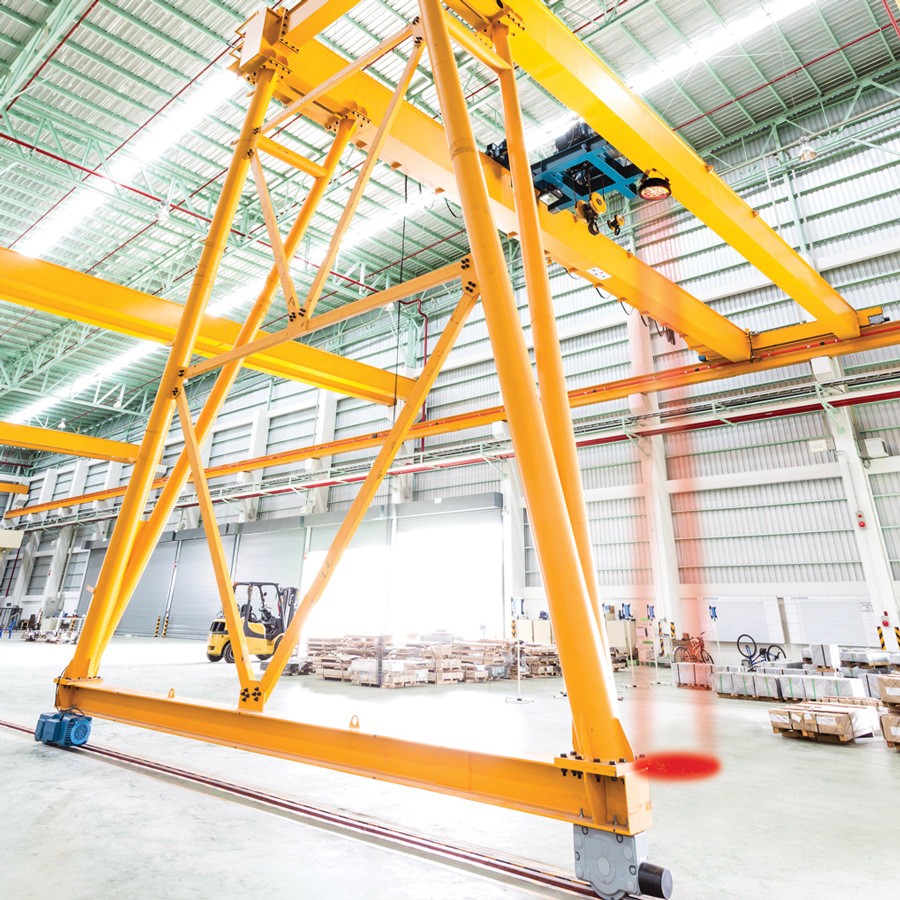Why Is Industrial Safety Important?
14/08/2020Certain workplaces have more employee safety hazards than others, and one such work environment is industrial environments. In an industrial workplace, employees often work with heavy machinery and potentially harmful materials while being exposed to bright lights, loud noises and harmful fumes. Understanding the importance of industrial safety can literally save workers’ lives.
Industrial Safety Saves Lives
Perhaps the most important reason why industrial employers need to institute worker safety policies is that these policies and practices prevent accidents that can injure or kill workers. Not all workplace fatalities are instant; some stem from illnesses or injuries sustained on the job, such as an employee developing mesothelioma years after being employed in an environment where he was exposed to asbestos every day.
Industrial safety is more than following OSHA’s requirements and using equipment and material as directed. Workers’ physical and mental health is another crucial component of workplace safety. When workers are exhausted, they are prone to making mistakes that can put themselves and their coworkers in danger. Employees who come to work sick or unable to clearly follow safe work procedures also pose risks to themselves and to their colleagues.
A Safe Workplace Retains Workers
When an employer follows industrial safety rules, workers are more likely to continue working with that employer because they feel safe doing so. OSHA provides numerous protections for employees, including the right to refuse to perform work they determine to be dangerous.
Employers can demonstrate that they value their workers’ health and safety by including the importance of safety education in their company core values. Although OSHA publishes general and industry-specific safety regulations, employers can protect their employees even further by going beyond these requirements. A few ways employers can demonstrate their understanding of the importance of safety rules and communicate their commitment to worker safety are:
Supplying employees with protective clothing and equipment from well-recognized, quality brands
Making it easy for employees to report accidents and safety hazards they recognize in the workplace
Instituting pro-worker safety policies, like mandatory rest breaks and assigning two or more workers to each task
Staying up to date on the latest advancements in industrial safety and implementing new safety technologies as they become available
Industrial Safety Saves Money
In an industrial workplace, following safe practices prevents accidents. Preventing accidents saves an employer money in many ways, including:
Avoiding reduced productivity
Avoiding lawsuits for safety and workers’ rights violations
Avoiding insurance surcharges and increased premiums
Avoiding workers’ compensation claims
Safe Industrial Practices Have Long-term Benefits
In addition to saving an employer money, preventing accidents by emphasizing the importance of safety rules in the workplace can actually increase a company’s profits by building a positive public perception of the brand. Worker injuries and unsafe working conditions can garner negative reactions from the public, which can lead to boycotts, demands for change and overall, decreased patronage.
When consumers know that the products they purchase were manufactured in safe environments, they feel assured that the products are safe for them to use. For many consumers, there is also a humanitarian drive to purchase products manufactured in facilities that understand the importance of industrial safety and protect workers accordingly.









